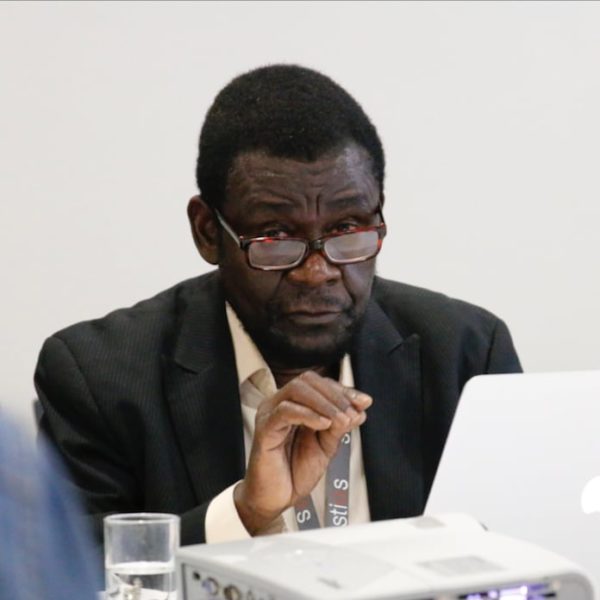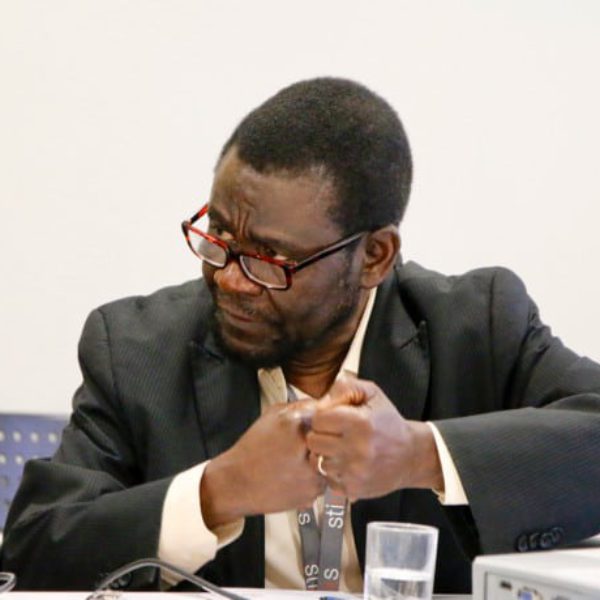The 1990s were the starting point in the wave of new multiparty democracies in Africa. Since then, the ideas and practices of liberal democratic elections and those about the peaceful transfer of powers through electoral processes and citizens’ participation have been spreading out and consolidating in many countries, despite some recent observed regressions. Expectations have been that the implementation of established constitutional rules allow for the application of democratic practices would improve socio-economic and political conditions of the majority of the people. Good governance is expected to fight corruption and promote fair distribution of resources. Fighting corruption per se is not a new phenomenon in Africa. However, fighting it systematically through democratic institutions is new.
This project will comparatively examine 4 interrelated items: the first concerns the nature of the contemporary nation-state’s institutions; the second is about the understanding of the concept and the practices related to corruption and its impact; the third is about the established democratic mechanisms of control of corruption, and the fourth is about the formulation of policy guidelines to eradicate corruption. Thus, I will investigate the concept of democratic governance through its democratic institutions, which include executive, legislative and judiciary powers in selected African constitutions.


